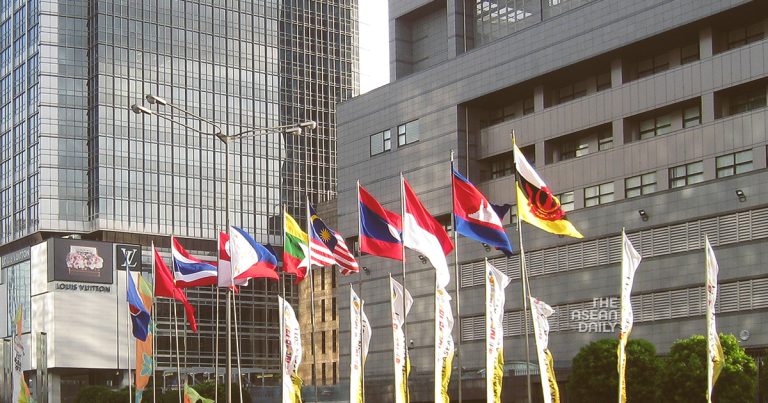24-7-2024 (VIENTIANE) A high-ranking official from Myanmar’s military-controlled government has expressed optimism about the country’s potential return to full participation in Asean, despite ongoing internal strife and international criticism. The statement came on the sidelines of the Asean foreign ministers’ meetings in Laos on 24th July, highlighting the junta’s persistent efforts to gain regional legitimacy.
Dr Khin Thidar Aye, director-general of the Asean affairs department in Myanmar’s Ministry of Foreign Affairs, conveyed a hopeful message, stating, “We are very much hopeful, very hopeful. If we consider the extent of cooperation from our side, normalisation should be coming very soon.” Her comments underscore the regime’s desire to re-engage with the Southeast Asian bloc, from which it has been largely isolated since the 2021 military coup.
The current Asean summit, running from 24th to 27th July in Vientiane, sees Myanmar represented by Aung Kyaw Moe, permanent secretary of the junta-controlled Foreign Ministry. This arrangement reflects Asean’s policy of inviting only “non-political representatives” from Myanmar, effectively excluding the junta’s top leadership from high-level meetings.
Dr Khin Thidar Aye emphasised the junta’s purported commitment to restoring democracy, asserting that their main objective is to “organise the election at an earliest date and to reinstate federal democracy in Myanmar.” She appealed for international support, stating, “We very much need the support of the international community and the understanding and support, not the criticism and pressure.”
However, the junta’s claims stand in stark contrast to the reality on the ground. Since the coup, Myanmar has remained under a state of emergency, with violence escalating as the military struggles to maintain control against ethnic armed groups and newly formed People’s Defence Forces. The humanitarian crisis has deepened, with over three million people displaced and approximately half the population facing poverty.
Asean’s efforts to address the Myanmar crisis through its three-year-old roadmap have yielded limited results. The foreign ministers of Laos, Indonesia, and Malaysia – representing the current, past, and future Asean chairs – held an informal meeting to discuss the issue, though it remains unclear whether any new approaches will be proposed at the 57th Asean Foreign Ministers’ Meeting.
The Myanmar situation is just one of several pressing issues on the agenda. The meeting is also expected to address the escalating tensions in the South China Sea, where recent violent confrontations between rival claimants have raised fears of a broader conflict in this strategically crucial waterway.




